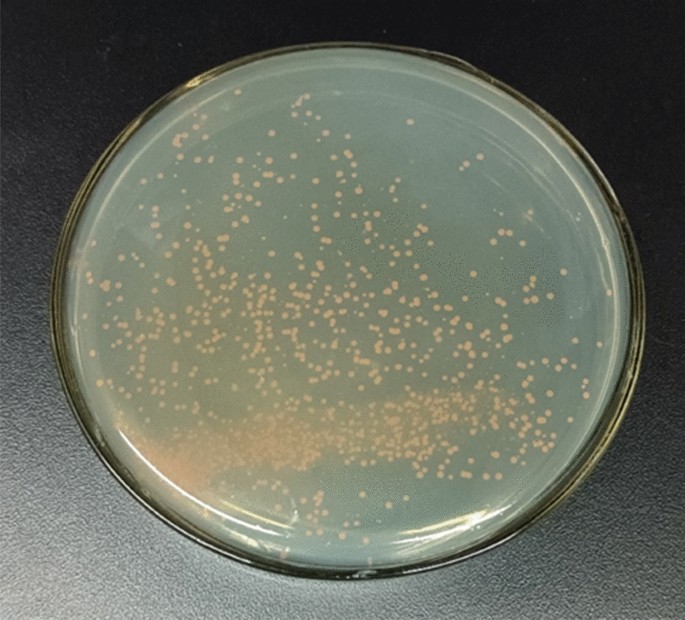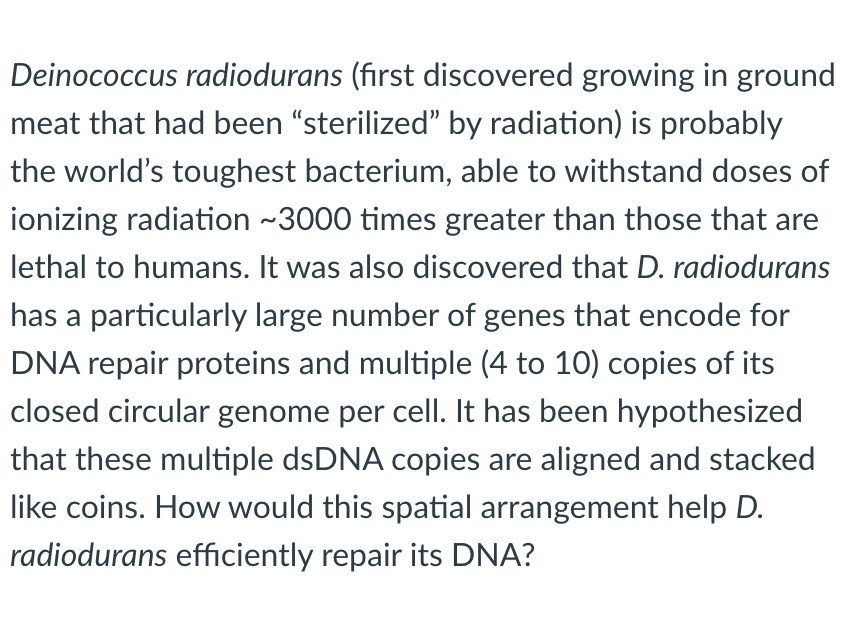Elucidation Of The Structure Of The Surface Layer Of Deinococcus
Por um escritor misterioso
Descrição
Deinococcus radiodurans is the “toughest bacterium known” due to its remarkable ability to tolerate various environmental stresses, including nuclear radiation, extreme temperatures, vacuum, or oxidation. It can even survive for years in outer space. Its ability to resist extreme conditions is due in part to its complex cell envelope, which is encapsulated within a hyperstable […]

Molecular Logic of Prokaryotic Surface Layer Structures: Trends in Microbiology
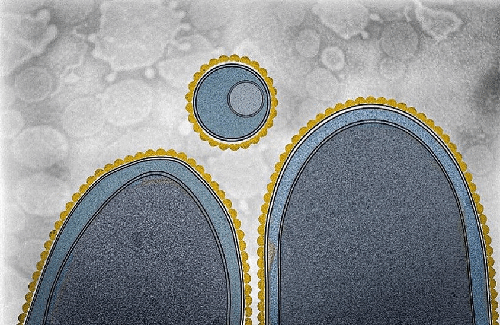
Identification of NpdA as the protein forming the surface layer in Paracidovorax citrulli and evidence of its occurrence as a surface layer protein in diverse genera of the Betaproteobacteria and Gammaproteobacteria

Recent developments and applications of smart nanoparticles in biomedicine

Exploring the Specificity of Rationally Designed Peptides Reconstituted from the Cell-Free Extract of Deinococcus radiodurans toward Mn(II) and Cu(II)

Epitope conservation among S-layers of the Thermus-Deinococcus group.

Structural insights into the main S-layer unit of Deinococcus radiodurans reveal a massive protein complex with porin-like features - ScienceDirect
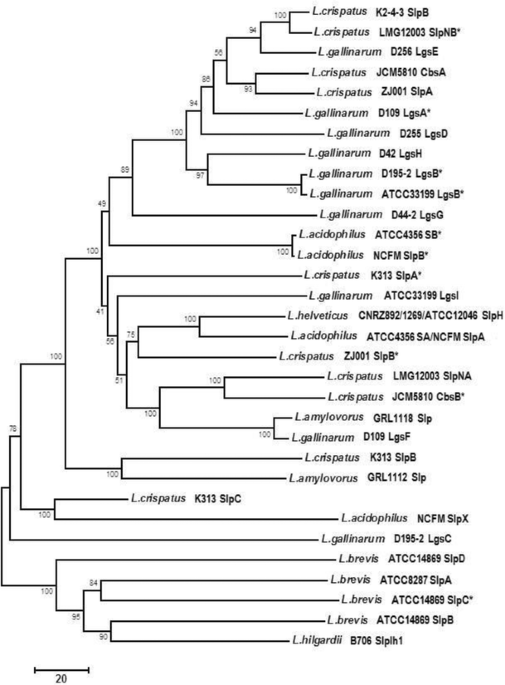
Lactobacillus surface layer proteins: structure, function and applications

Transport of ARS-labeled hydroxyapatite nanoparticles in saturated granular media is influenced by surface charge variability even in the presence of humic acid - ScienceDirect

Structural modeling of SlpA-like proteins reveals common organizational

Biomimetic interfaces based on S-layer proteins, lipid membranes and functional biomolecules
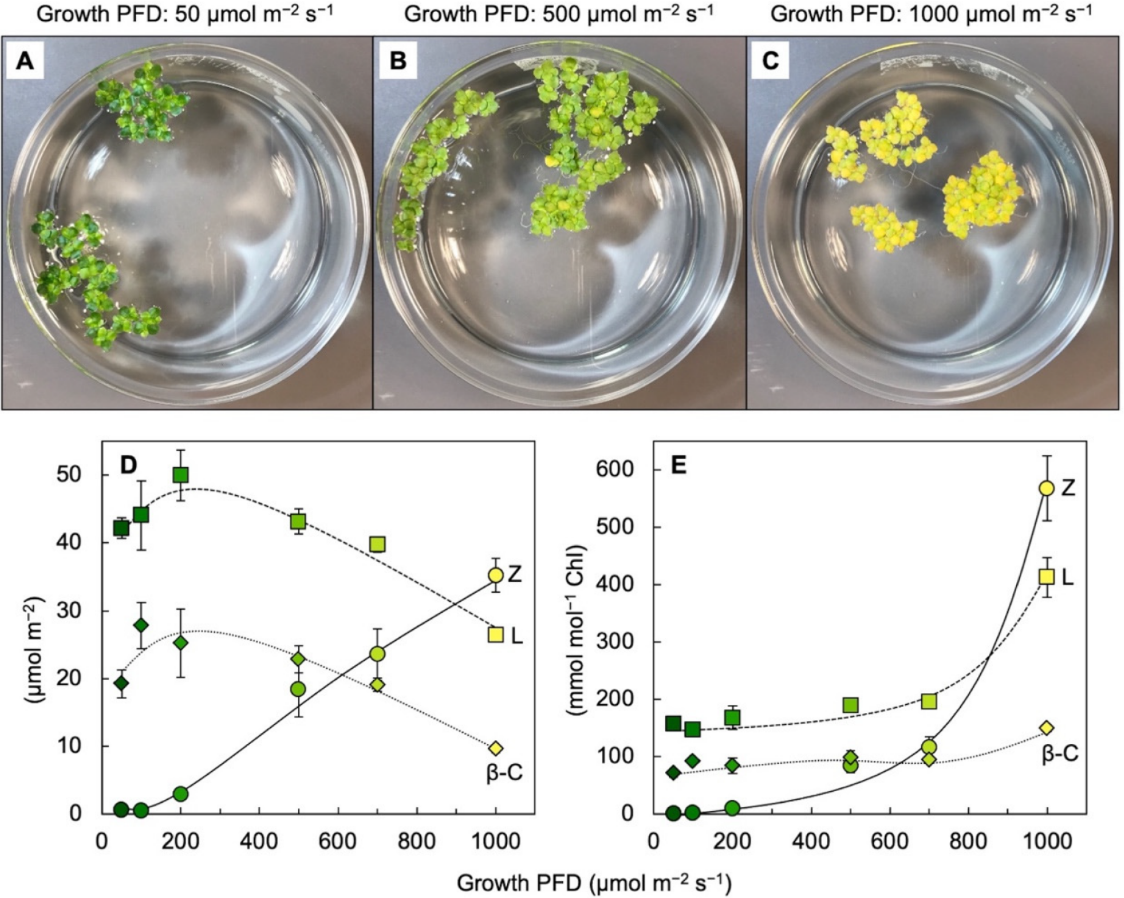
Zeaxanthin and Lutein Across Life's Taxa
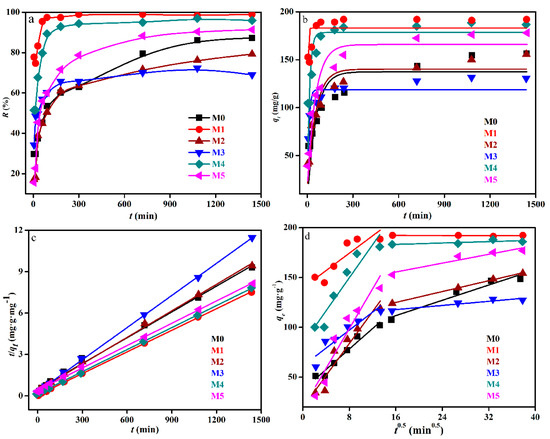
Minerals, Free Full-Text
de
por adulto (o preço varia de acordo com o tamanho do grupo)

